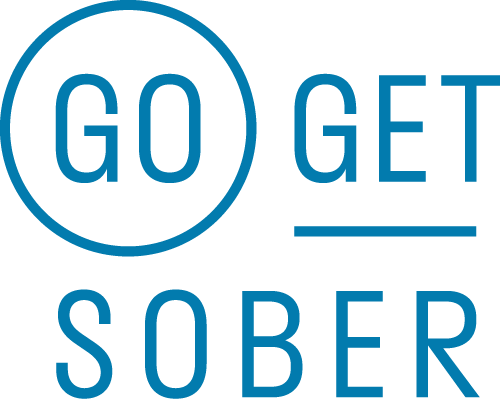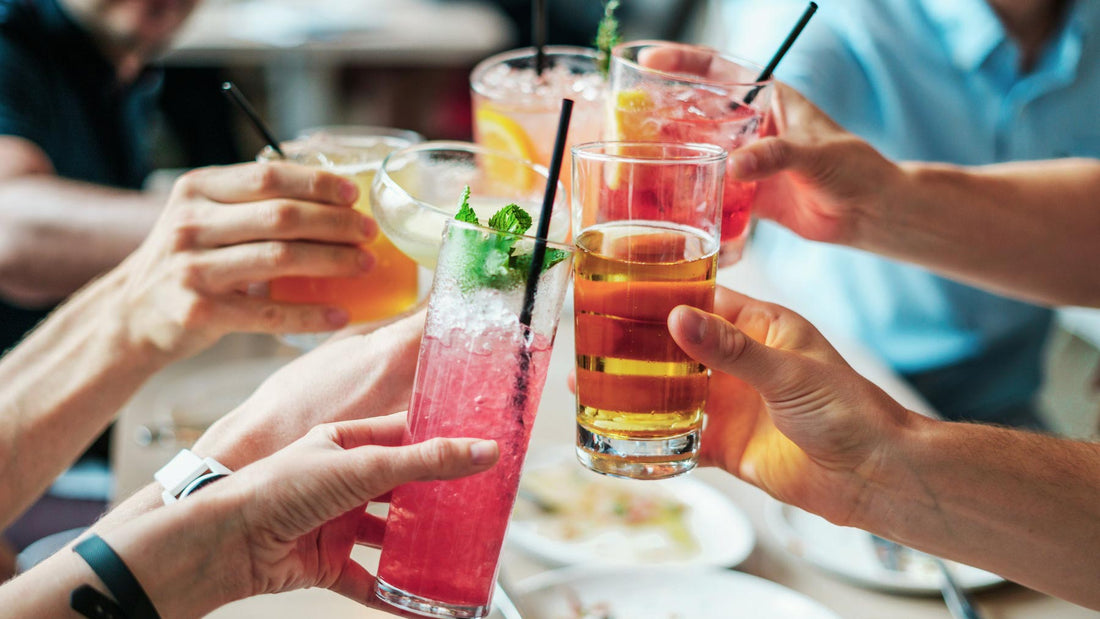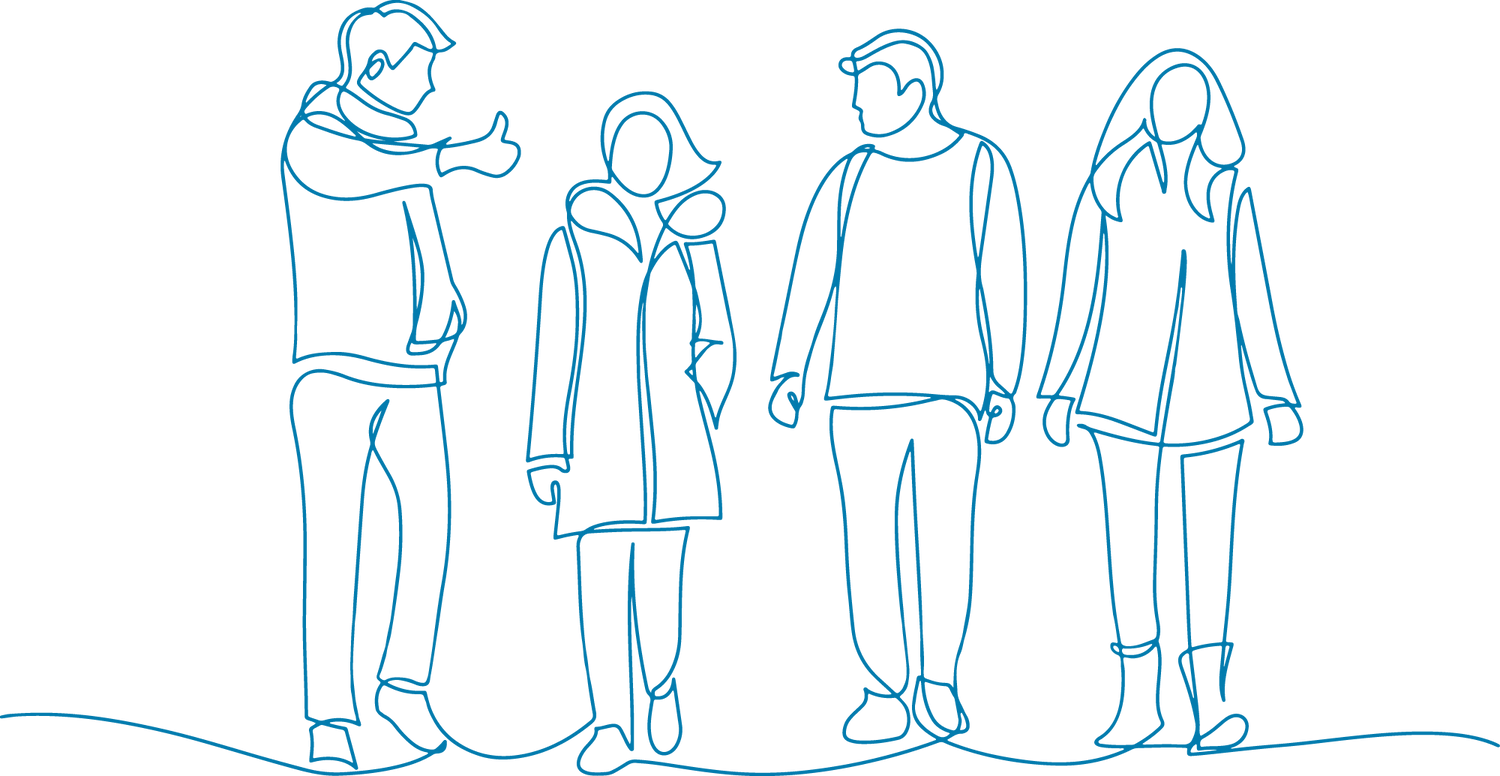Many people ask me if I still hang around with people who drink. The answer is a simple one: yes I do.
Alcohol is everywhere
Of course, alcohol is everywhere. It's on billboards, it’s on the side of buses, it's on TV, it's on radio, it's in magazines, it's on social media, it's in pubs, it's in restaurants, it's in cafes, it's in supermarkets, it's in corner shops. Alcohol is in parks, by rivers, on picnics, in people's gardens. It's at barbecues and parties. It's in people's homes.
Alcohol is everywhere and, although it's a highly toxic and addictive drug, it's legal. It's not only legal but it's also accepted. And, it's not only accepted in our culture, it's also actively promoted because it's a multi-billion dollar industry. It's in the industry's interests to get us all thinking that we need alcohol to accompany everything we do: to unwind, to relax, have fun, to enjoy ourselves. So, alcohol isn’t just normalised, it's proactively pushed on us.
It's not going to work if you stop drinking and you think you can cocoon yourself away from the real world and protect yourself from all of the alcohol out there. You can’t hide from alcohol. What you need to do when you stop drinking is to accept that you’re going to be surrounded by alcohol. You're going to see, hear and smell alcohol everywhere you go. What needs to happen is for you to learn to navigate the world around you with alcohol in it. You need to get to the point where all of that alcohol around you isn't having an impact on you – where you’re not giving it any thought, you're not giving it any attention and you're not giving it any energy.
Friendships
In terms of the people that you hang around with, you can put them broadly into two categories.
- There are the people in your life where your relationship purely centres around drinking. That's all you ever do together. You get drunk, you bond over mutual hangovers and drunken antics and you share drunken stories.
- Then there are the people in your life where your relationship has more to it than drinking. Maybe you sometimes drink together but you do other things as well. You have a relationship based on something more than alcohol. Maybe it’s a work relationship, maybe it’s based around a sport or activity, maybe it’s based around something intellectual or academic. Maybe it’s someone that you just have fun with. Or, maybe you enjoy conversation together over coffee. The sober, healthy stuff is what you bond over.
When you stop drinking, you’re not going to have an awful lot in common with that first group of people anymore. What we often find is that those people drop out of your life because it's going to be no fun for you going along to a drink-fuelled event with those people when you're not drinking. You might find you actually have very little in common with them. If the point of the evening is getting drunk, then there's nothing in it for you so it's quite likely that you’ll stop hanging out with those people and they’ll start to drop off your radar.
What naturally happens is that you start wanting to spend more time with the second group of people because they're healthy for you. You can socialise and communicate with those people in ways that don't involve alcohol.
If you don’t already have any of these types of people in your life when you stop drinking, you can take steps to find them and cultivate more of these relationships.
What you also find as you grow in confidence in navigating the world around you sober, is that your real true self starts to shine through. You start to become more authentically you instead of a drunken or hungover version of you. You build more self-respect which leads to more self-esteem and confidence. You lose the shame, paranoia and guilt which got in the way of that self-respect. Any mental health issues like anxiety and depression improve dramatically. And, as all of this happens, you start to develop a more loving and nurturing relationship towards yourself. As the real you starts to shine through more and more, you attract other people into your life that are drawn to you. Like-minded people who are good for you and who you enjoy spending time with.
Alcohol fades from main stage into the background
So drink stops being the centre of your world and your friendships. It’s still there (some of the people around you might sometimes drink and you’ll see it in the world around you) but it’s peripheral. You now have the choice and the power to let it fade into the background.
In the early days of learning to live your life sober, you might decide that it's easier for you to avoid situations where you're surrounded by people drinking. And that makes total sense. That's a really sensible, healthy and helpful thing to do. When I first stopped drinking, I stopped going to gigs with my partner. For the first couple of weeks I didn't go to the pub with him at all because I knew that would be too much for me. I knew I'd find that too challenging and I wouldn't enjoy it.
But as time goes by and you get more comfortable with your new sober behaviours and habits, you start to become more confident and it gets to the point where you think to yourself, “Yeah, I think I could possibly take on that challenge. I think I could possibly go to the pub on Friday night with my friend, my family member, my colleague, my partner, whatever. I think I could do that. I'm going to challenge myself to do that and drink lime and soda.”
It gets to the point where you start to feel more confident about putting yourself into what you might call a challenging situation. The important thing when you do that is to make sure that you have full control over the situation, that you're independent, you don’t have to rely on anyone else and you can get home under your own steam. You need to have control over when the time is right for you to leave.
My first party sober
I remember the first party I went to sober which was quite early days after I’d stopped drinking. I was absolutely dreading it. I was confident that I'd be able to go and not drink but I was dreading it because I thought I'd be bored out of my brains. I thought I was going to be the most boring and unsociable person there. I felt like I didn't have anything in common with the people that were going to be there. It was to do with my partner’s work and I was only going because I wanted to support him as he had to be there. I couldn't imagine meeting anyone that I would get on with.
Because I knew it was going to be challenging for me, I made sure we didn't get involved in giving other people lifts. I also made sure that my partner was aware that I only wanted to go for a couple of hours. That was okay with him because he had reasons he needed to get back. So we kind of mutually negotiated it would be okay to leave after a couple of hours. And we came up with a reason as to why we needed to leave early so that we didn’t offend anyone.
So we went along, we were independent, we had our own transport sorted and I'd gained my partner’s support. I knew that, as soon as I told him I was ready to go now, he'd be supportive of me and we could leave.
It's really important to get all these things in place before you go along to your first time of doing something sober: the first time you go to the pub with your friends; the first time you go to a restaurant; the first time you go to a party, a wedding, a family event, or a barbecue. Any event you go to when you’re surrounded by other people drinking, it's important on those first occasions that you feel totally confident you can leave when you want to. And then, after that first time, as you repeat these experiences more and more and you keep navigating them successfully sober, what happens is your confidence grows. It becomes easier and easier and it gets to the point where you agree to go to a party, a pub, a gig - you go to whatever it is you're going to with your friends and you don't even think about drinking. You can see everyone else drinking, you can see people getting drunk and it doesn't affect you at all. You're not thinking about it. You're not wishing you could join them. It's just easy. It's natural. It’s automatic.
As it turned out, I was pretty bored and felt awkward at the party. I was tense and stiff for a good hour and had to work really hard at smiling, pretending to be sociable and forcing myself to do the small talk and chit chat that I don't enjoy. After that first hour, I started to relax, enjoyed some of the conversations I had and even met someone I got on really well with and who made me laugh. I was able to get through that first hour because I knew I had an escape route in place. It made it manageable for me.
We miss out more when we're drinking
You will absolutely see alcohol everywhere you go so it’s important to learn how to develop a healthy approach to living alcohol-free in a world that’s saturated with it.
However, in the early days of living your life sober, it can be easier and safer to avoid those alcohol-saturated social situations until you've built up some confidence with your new habits. You want to make life as easy on yourself as you can so avoid putting yourself under too much stress. Build your confidence and gradually challenge yourself by putting yourself bit by bit outside of your comfort zone.
Although in the early days it might sometimes feel like you're depriving yourself of something, it's really important to focus on what you're gaining rather than what you're losing. We gain so much more by living sober than we do by drinking. What you gain will be personal to you but noticing and recording what you’re gaining rather than what you’re missing out on is a good way to keep yourself motivated.
Letting go and taking control
One element of what we do through the personal coaching support at Go Get Sober is to encourage you to retrain your brain through listening to some mindfulness breathing audios. These audios teach you to focus on your breathing and to let go of thinking. You concentrate on your breath and just notice when thoughts come into your mind which they do quite naturally. When you notice a thought, you simply let it go – you just let it float on by – a bit like a cloud in the sky – and you turn your attention back to your breathing. This helps with many things, one of which is developing a healthy and loving relationship with yourself, one is helping you get centred, grounded and calm and another is having more control over your feelings, emotions and thoughts. This level of control also seeps into your life and gives you more control over your impulses and behaviours.
So, a bit like we're learning to do in the audios when we're letting go of our thoughts, you’re learning to do a similar thing with alcohol in the real world around you. You can notice that it's there and you can just let it go. You don't need to engage with it, you don't need to give it energy, you don't need to give it attention. You can observe that you’ve noticed it and then you can let it just drift away out of your consciousness.
When you’ve reached this level of control and mastery, the fact that you’re surrounded by alcohol becomes irrelevant.
Sober and hanging out with drinkers
So, yes, I hang out with people who drink. Because almost everyone I know drinks. Many people have a perfectly healthy relationship with alcohol and can either drink in moderation or enjoy an odd binge and that works fine for them. I don’t want to cut those people out of my life. I don’t expect them to change their behaviour around me.
Last week, I met two women in a local pub and we sat for a couple of hours in a beer garden. I didn’t know them very well but we had such a great time together that I’m sure we’re going to become good friends. We were also joined by some friends of theirs. The conversation was lively, funny, serious, interesting and engaging. I met so many new people and came away feeling energised and happy. Everyone but me was drinking beer or wine and they were definitely getting drunk. But that didn’t matter to me. It didn’t register. I drank an alcohol-free gin and tonic followed by a lime and soda. They could have been drinking water, wine or tea and it wouldn’t have made any difference to me. I’m so confident in my decision to live life alcohol-free that other people’s choices don’t affect me.
I can smell alcohol, serve alcohol, cook with alcohol, be around people drinking alcohol and it’s a non-event for me. It’s a non-issue. Alcohol has become peripheral – it has faded into my background.
When you learn to remain happily alcohol-free as you navigate the real world around you with alcohol in it, you can sustain and enjoy sober living for as long as you want to or need to.


